‘No recovery’: Major threat to world’s oceans if controversial mining plan goes ahead, expert warns
An expert has warned about the disastrous effects of deep-sea mining, which could begin in international waters as early as next year.
The world’s oceans are on the brink of a major disaster if controversial plans to start deep sea mining in international waters go ahead as early as next year, an expert has warned.
Dr Sandor Mulsow, a Chilean professor of marine geology, argues the risky practice could have disastrous impacts on the environment and future generations, arguing more time and research is urgently needed.
“We are very worried about the activities of deep sea mining in the areas beyond national jurisdiction,” Dr Mulsow told news.com.au.
“As with landmines, it will destroy (the site where you mine) so in this case, the deep sea.”
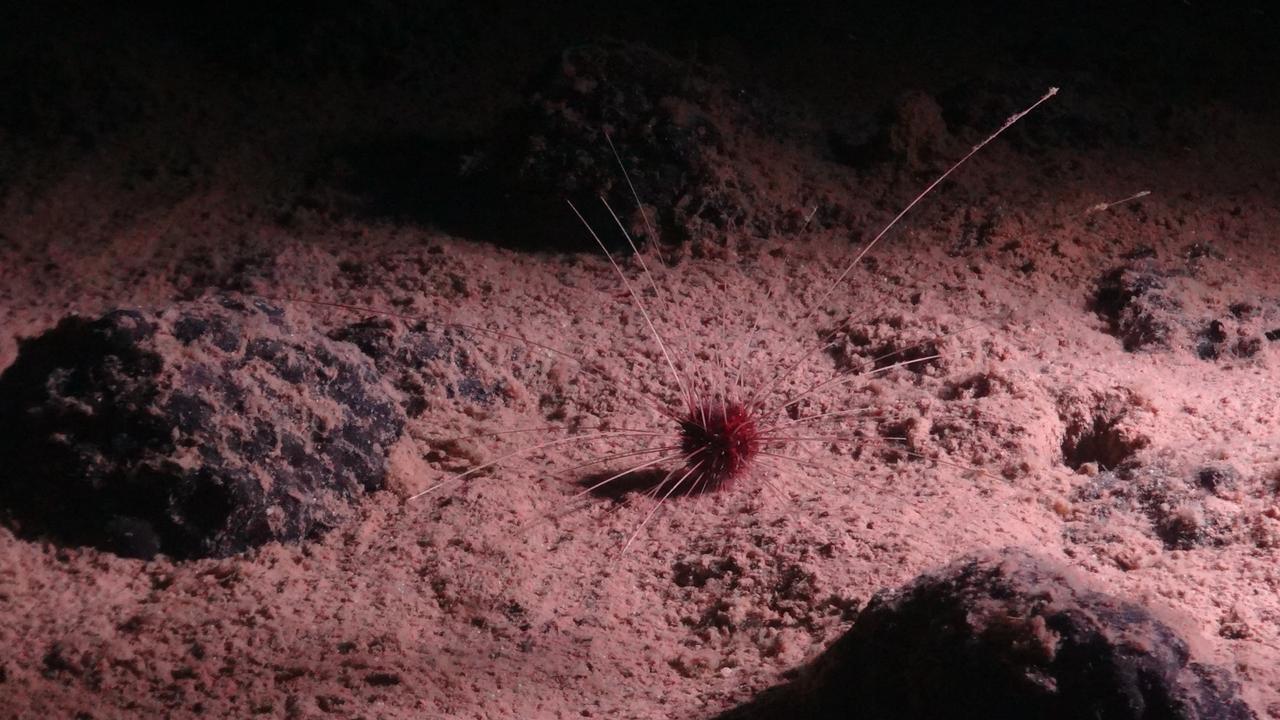
Deep sea mining, which is still in its experimental stage, is the process of retrieving valuable mineral deposits, such as copper, nickel, zinc and rare earth elements, from the seabed at depths greater than 200 metres.
Mining companies are interested in getting stuck into a large mineral-rich plain of international waters between Hawaii and Mexico, known as the Clarion-Clipperton Zone (CCZ).
According to the United Nations Convention on the Law of the Sea, international waters do not belong to any single country, but rather are considered the “common heritage of mankind”.
At this stage, 17 deep-sea mining contractors hold exploration contracts in the CCZ, which spans more than three million square kilometres of the Pacific Ocean — equivalent to the size of India.
Mining activity could begin as early as next year, with member states of the International Seabed Authority (ISA) -the U.N. affiliated regulator of deep-sea mining activities – aiming to finalise regulations for deep-sea mining by July 2025.
“People want to only make money … like the mining company and an investor who thinks there be a huge return on it,” Dr Mulsow warned.
“(But) it’s an unthinkable and unsoundly decision for the whole world.”
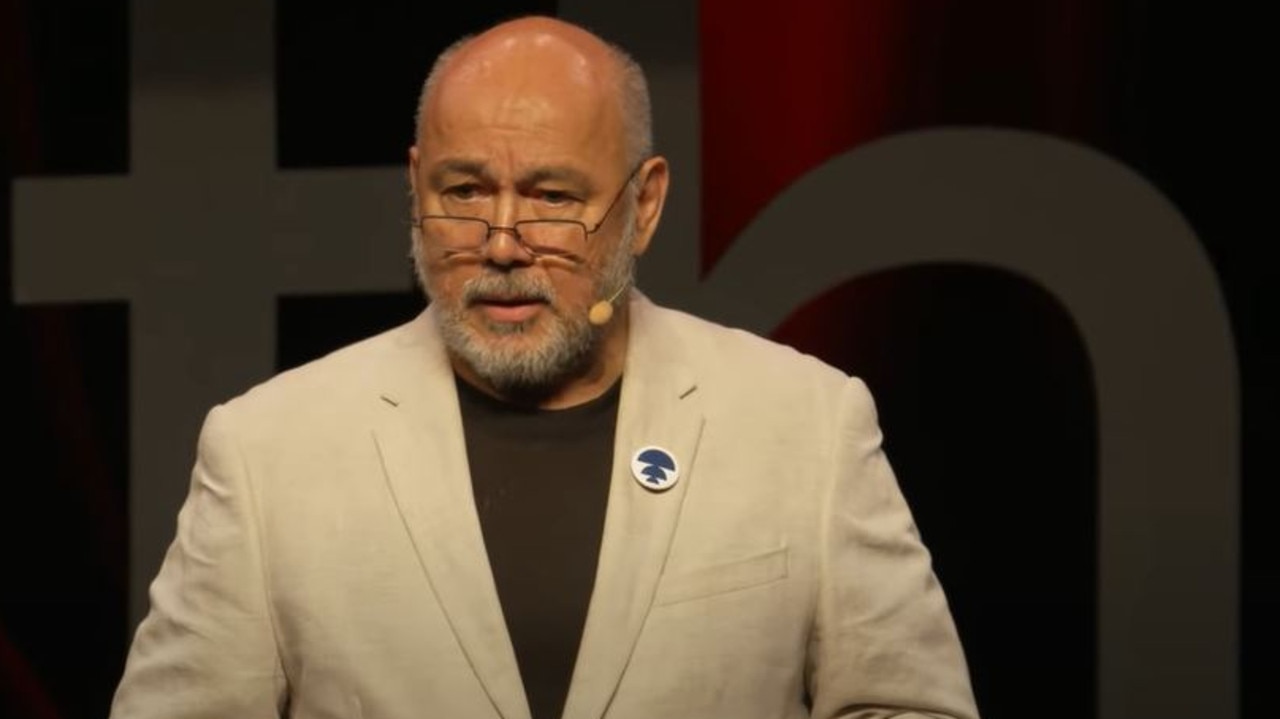
The risks of deep-sea mining
Research shows deep-sea mining would have a destructive impact on ecosystems and biodiversity in the ocean, which is home to more life than anywhere else on Earth.
The process of deep-sea mining churns up plumes of previously undisturbed sediment, releasing CO2, at a time when the world is grappling with a client crisis.
“The bottom of the sea is the biggest CO2 sink and it gets stored in the sediment. So if we are going to intervene in the deep sea for deep sea mining, we will destroy this interface between the water and the sediment, which is very old,” said Dr Mulsow.
“Even if you disturb 10 centimetres or 20 centimetres … of the sea floor it doesn’t seem too much (but), you are disturbing 10 to 20,000 years old geological record.”
Dr Mulsow said experiments have already proven mining small areas of the sea bed causes serious long-lasting damage.
“We had at least 19 different experiments in parts of the deep sea where scientists have gone with a plough from the land and specifically disturbed the sediment in small areas, one metre wide. And there has been no recovery whatsoever in 30 years from this tiny disturbance,” he said.
“Each mine is going to be 3000,000 square kilometres and take up sediment which is 10-20,000 years old, (so) life will never return.”
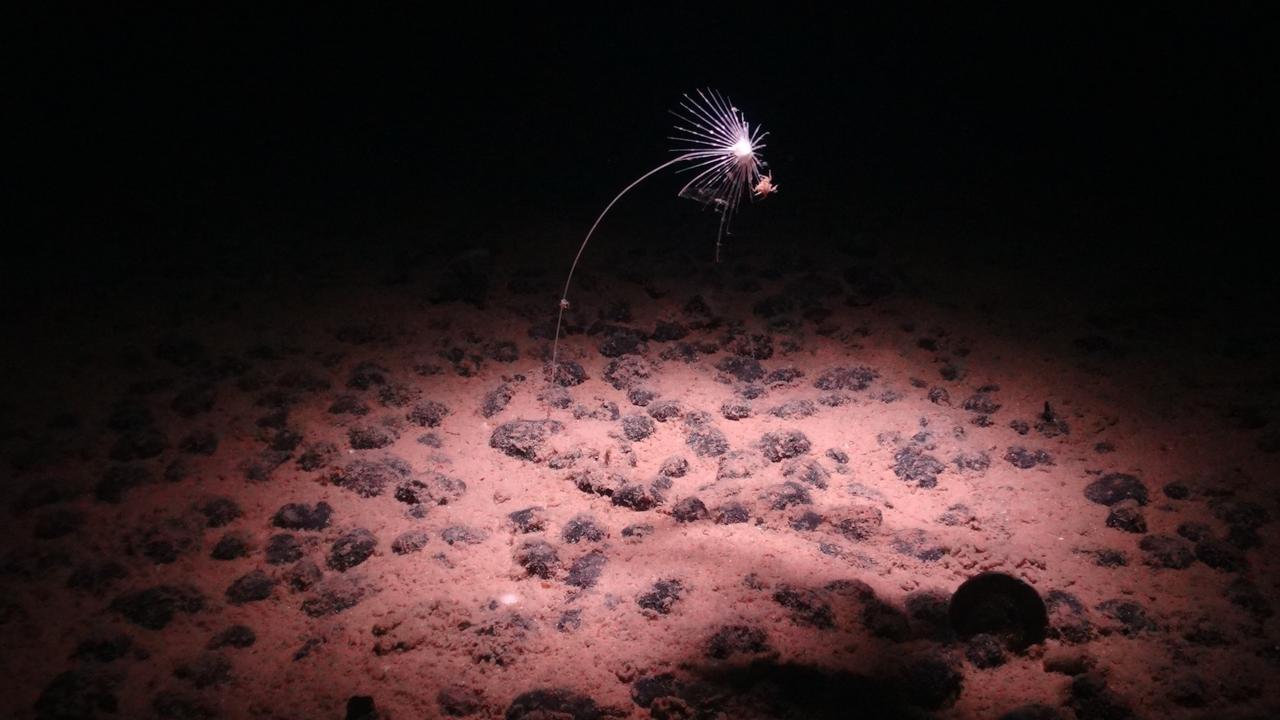
Why some believe deep sea mining is valuable
On the other side of the debate, some believe deep-sea mining is needed to meet the need for critical minerals, with supporters arguing terrestrial sources do not provide enough minerals needed for “green technologies” such as wind, solar and batteries.
But according to the Deep Sea Conservation Coalition, there is “no need” to tear up the seabed for minerals.
“Scientific analysis and new developments in the electric vehicle (EV) and battery industries show that deep-sea mining is not needed to transition to net-zero by 2050, despite many projections indicating that demand for minerals will increase in the coming years,” it notes in a 2023 report.
The director of the European Academies Science Advisory Council has also noted deep sea mining will not provide many of the critical materials needed for a green transition.
Instead, Dr Mulsow suggests humanity needs to move towards harnessing more abundant elements such as hydrogen, rather than supporting a society that uses rare commodities.
“(Some) create a sense that wanted and needed is the same, so they create a false idea that the sea has this valuable richness, that it will solve problems,” he said.
“But is the environment in the deep sea really needed or is it an opportunity to create new start-ups?”
The future of the oceans
If mining is allowed to take place on a commercial scale, Dr Mulsow warns one impact will be the acidification of the ocean – a reduction in the pH of the ocean over an extended period of time.
Also referred to as “osteoporosis of the sea”, acidification can eat away at minerals used by marine life to build shells and could affect humans through food security.
“If are going to destroy the capability of the seawater to support life, then we are in deep trouble,” he said.
It’s why Dr Mulsow and other scientists are calling for a moratorium (an official pause on deep sea mining) so more research can be carried out.
However, Dr Mulsow is taking an extra step compared to some and calling for a moratorium for an extended 30-year period.
“(We need) a moratorium for 30 years, not 10 years, in order to properly understand what will happen if we intervene … this initially needs to be explored,” he said.
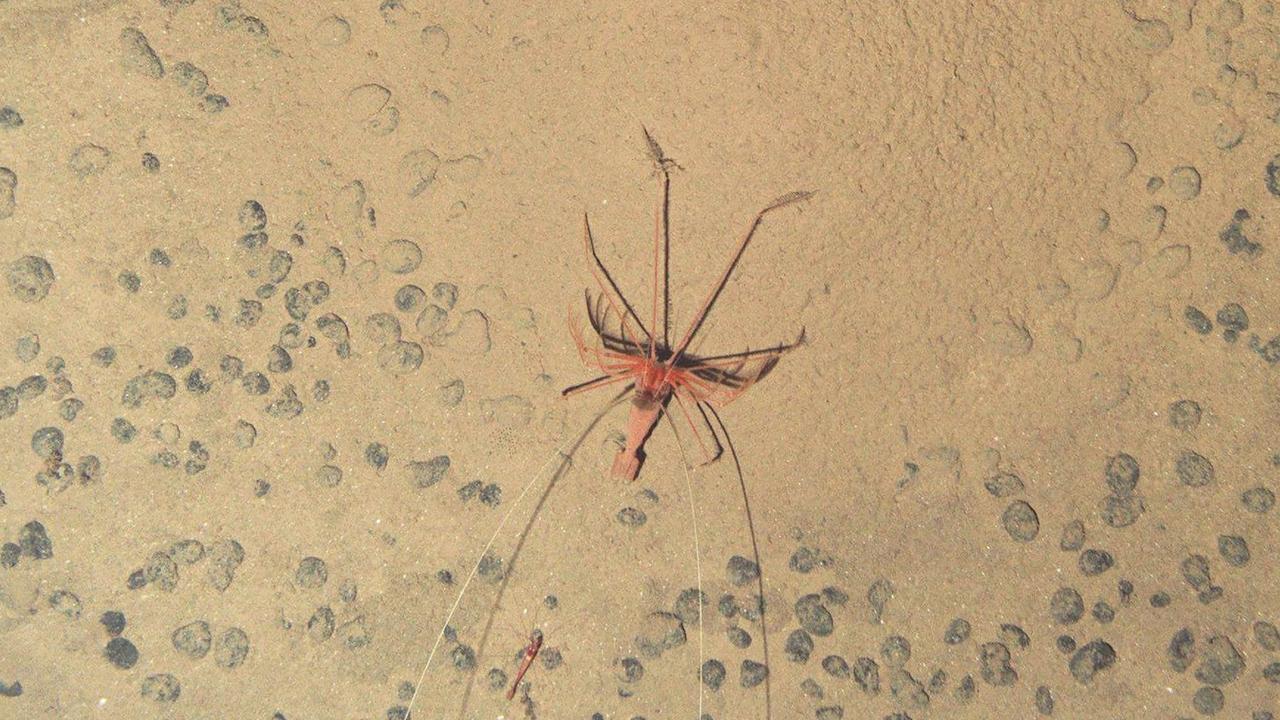
Norway suspends deep-sea mining projects
Earlier this month, Norway suspended plans to start giving licences for deep-sea mining next year that had faced opposition from environmental groups and international institutions, a party allied with the centre-left government.
Norway, Western Europe’s biggest oil and gas producer, had planned to become one of the world’s first countries to start handing out rights to tens of thousands of square kilometres (miles) of seabed.
But the small Socialist Left Party said it had blocked the move in return for supporting the minority government’s 2025 budget.
“There will be no announcement of exploration rights for deep-sea mining in 2024 or 2025,” the party said in a statement.
The energy ministry did not immediately comment on the move. But Prime Minister Jonas Gahr Stoer said it was only a postponement. “We should be able to accept that,” he told TV2 television.
Parliament gave approval in January for allowing mining rights for some 280,000 square kilometres (108,000 square miles) of the seabed.
The energy ministry later drew up a list of zones covering about 38 per cent of this area in the Norwegian Sea and Greenland Sea that would be sold in 2025.
Norway had argued that it did not want to rely on China for minerals essential for renewable energy technology.
It believes there is copper, cobalt, zinc and rare earths in its continental shelf. All are needed for the production of batteries, wind turbines, computers and mobile phones.
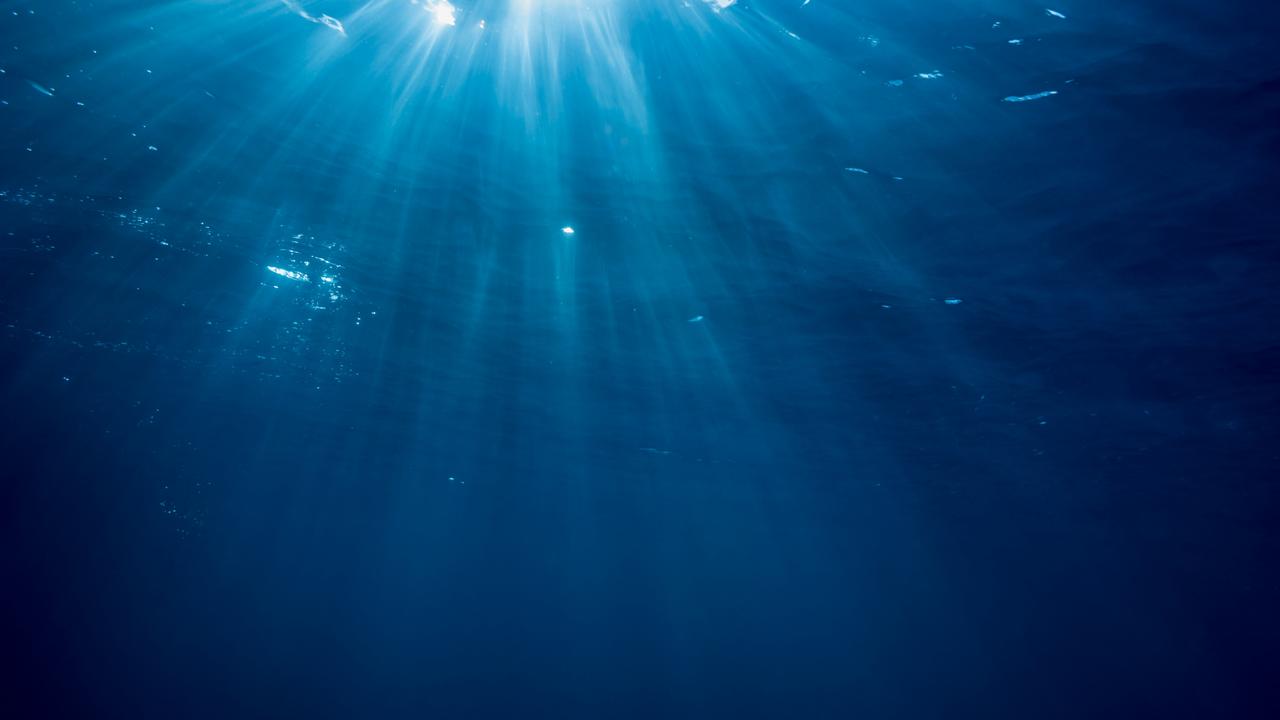
What the public can do
To help raise awareness about deep-sea mining, Dr Mulsow appeared in the award-winning 2023 documentary, Deep Rising.
The documentary, narrated by Aquaman star Jason Momoa, highlights the need to protect the ocean floor from mining companies and the workings of the ISA.
Dr Mulsow said he hopes those who watch the documentary understand international waters belong to everyone and join the fight to protect them.
“This belongs to me, belongs to you. It will belong to my kids and the kids of my kids,” he said.
“I didn’t sign any paper saying Sandro Mulsow is allowing the mining company to do seep sea mining in his common heritage of humankind.”
The documentary has inspired a global impact campaign called Deep Rising, led by Sydney-based advertising agency Emotive, which has devised a way for people to “reclaim the deep seabed from mining companies intent on turning the largest living space on Earth into the largest mining site on earth”.
The “World’s Largest Ocean Dispute” campaign, which launched last month, has divided the deep seabed into 8.17 billion GPS coordinates — representing one for every person on the planet — and mapped them across the seabed currently claimed for mining.
“By claiming your coordinates, as is your birthright, you are agreeing to protect the deep seabed on behalf of humanity,” Emotive said.
With the possibility of commercial deep-sea mining approaching, Dr Mulsow wants to push the positive message that those who oppose it have the power to do something before it starts.
He urged those to create change by electing people and parties to power who take a stand against the destructive practice.
“The people that they are listening, they have to realise that this is not a story that is beyond themselves, it is their own reality. This is the common heritage of all kinds. It belongs to all kinds that live in this planet
– With AFP






